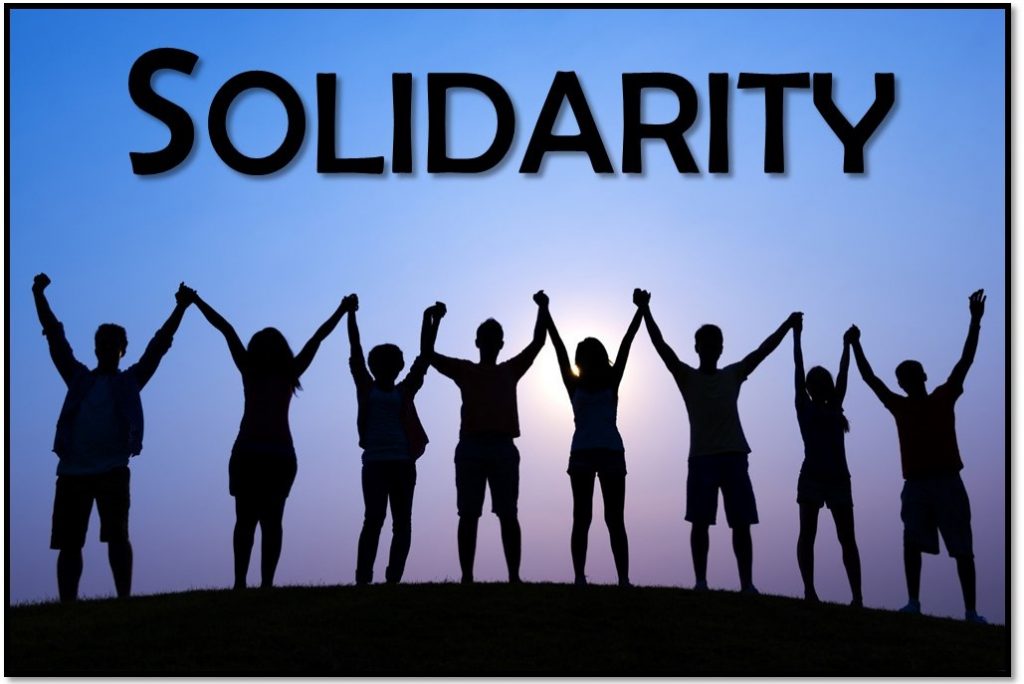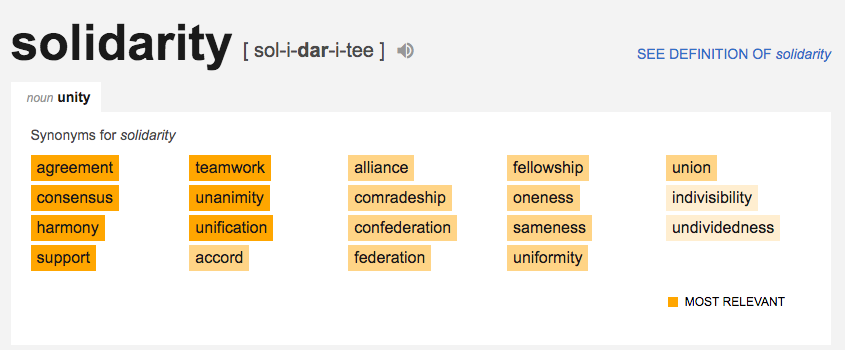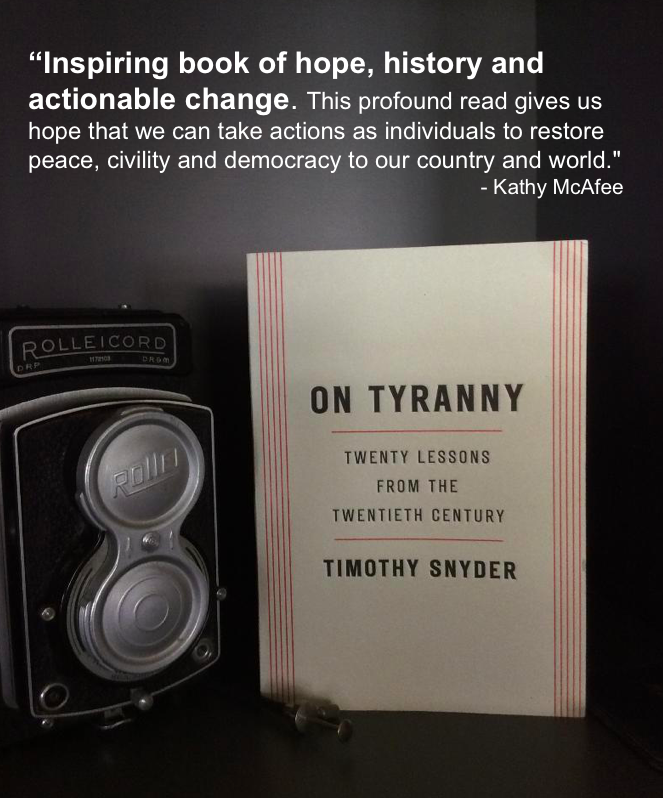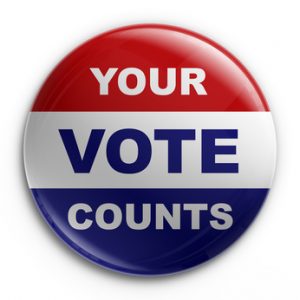
How should we behave in times of crisis?
Do we attempt to divide and conquer or should we come together and show solidarity? Is it better to spend our energy on targeting and blaming others for the problem, or should we rise above that fear response to work together on a solution? Should we hide or minimize the problem or should we be transparent and forthright about the situation no matter how grave?
I believe that HOW we respond to a crisis, or any situation for that matter, not only impacts the outcome, it reflects our character as individuals.
Take for example the current novel coronavirus (COVID-19) outbreak
Clearly this is a rapidly escalating situation, with no treatment or vaccine yet developed. And there are lots of unanswered medical and scientific questions about this novel coronavirus. I don’t know about you, but I’ve had frequent thoughts about cancelling my travel plans and avoiding public places. Cruises? Forget about it.
I’m reading as much as I can about COVID-19 and still it’s confusing. What’s even more disturbing than the rates of infection and death toll, is the reporting on the hate, stigma, and profiling that’s been going on in many places. I’ve seen reports of how the fear and panic surrounding this outbreak is making people do crazy things like perpetrating acts of physical and verbal abuse, including less overt instances of racism, or “micro-aggressions.”
“There are people who are misinformed and people who are already racist and use it as an excuse. We are trying to educate people that if we put on masks it doesn’t mean that we carry the virus.” – Dr Michael Ng, chair of the Chinese Association of Southampton, UK.
Needless to say, none of this negative behavior is helping to find a cure for this virus.
The first step is to educate ourselves on the novel coronavirus. Here’s a helpful video from the World Health Organization (dated January 31st):
Time for Solidarity
In a recent teleconference, the director general of the World Health Organization (WHO), Dr Tedros Adhanom Ghebreyesus, called on the global community to work together to fight the new coronavirus that is causing an epidemic of viral pneumonia and deaths in China, and beyond. He called for solidarity. (Watch the videos and information on the WHO website – https://www.who.int/health-topics/coronavirus). He has called on global leaders to not politicize the deadly outbreak. “It’s easy to blame, it’s easy to politicize, it’s harder to tackle a problem together and find solutions together,” he said.
What is Solidarity?
Watching that teleconference got me thinking more deeply about what Solidarity means. I imagined a trade union or group of protesters marching for a cause. The word felt very political to me. So I went to the dictionary to get a foundation on where this word came from and what it means.
sol·i·dar·i·ty
mid 19th century: from French solidarité, from solidaire ‘solidary’.
- “unity or agreement of feeling or action, especially among individuals with a common interest; mutual support within a group.”
- “sense of unity with a political group, a group of striking workers, or people who have been deprived of their rights in some way.”
-
“union or fellowship arising from common responsibilities and interests, as between members of a group or between classes, peoples, etc.”
-
“community of feelings, purposes, etc. Community of responsibilities and interests.”
- Related to the word “unity” which means “the state of being united or joined as a whole.
Synonyms of the word ‘Solidarity’ sounds a lot like many of the popular themes and keywords (including words like teamwork, agreement, alliance) heard around corporate offices and production floors everywhere. These words and concepts are aimed at motivating and synergizing workforces so that organizations can make breakthroughs, meet deadlines, win customers, and accomplish great things. Sounds like the approach that’s needed to solve the coronavirus COVID-19 outbreak.

Can you imagine your manager saying, “Look, team, we have this big problem that could jeopardize our entire project. I think we should blame Wang Wei and anyone who looks like him, or anyone who wears one of those little face masks. He started it. Let him fix it. Meeting adjourned.”
Even if you may have witnessed such an outrageously unfair and unhelpful response from your leader, please know that YOU HAVE A CHOICE in how you respond to this and other crises that come your way. You can choose to express solidarity and help resolve the issue, or you can add to the turmoil, hostility, and unfriendliness that will only exacerbate the situation for everyone (including you).
Actions You Can Take to Express Your Solidarity

Not being a medical professional or public health expert, I am going to pull some inspiration for this next section from a little book that I recently re-read, On Tyranny: Twenty Lessons from the Twentieth Century. I found this book at an airport back in December 2017. Its small size and compelling title prompted me to purchase it. After reading it, I wrote a book review on Amazon (as did 3,228 other readers). I was reacquainted with this powerful little book when MSNBC host Rachel Maddow interviewed the author Timothy Snyder on her show February 14th. And while the topic of this recommended book is not about health epidemics, it does give us insight into how we can express our solidarity for the things we hold most sacred and value the most. I’m hoping that humanity, freedom, and democracy is near the top of your list.
Below are a few excerpts from Timothy Snyder, Professor of History at Yale University and author of many books including On Tyranny: Twenty Lessons from the Twentieth Century.
Lesson#9: Be kind to our language. “Avoid pronouncing the phrase everyone else does. Think up your own way of speaking, even if only to convey that thing you think everyone is saying. Make an effort to separate yourself from the internet. Read books.”
Lesson#10. Believe in the Truth. To abandon facts is to abandon freedom. If nothing is true, then no one can criticize power, because there is no basis on which to do so. If nothing is true, then all is spectacle. The biggest wallet pays for the most blinding lights.
Lesson #11: Investigate. “Figure things out for yourself. Spend more time with long articles. Subsidize investigative journalism by subscribing to print media. Realize that some of what is on the internet is there to harm you. Learn about sites that investigate propaganda campaigns (some of which come from abroad). Take responsibility for what you communicate to others.”
Lesson #15: Contribute to good causes. “Be active in organizations, political or not, that express your own view of life. Pick a charity or two and set up auto-pay. Then you will have made a free choice that supports civil society and helps others do good.
 Lesson #16: Learn from peers in other countries. From the same author, Lesson #16 (excerpt) “Keep up your friendships abroad, or make new friends in other countries. Make sure you and your family have passports.”
Lesson #16: Learn from peers in other countries. From the same author, Lesson #16 (excerpt) “Keep up your friendships abroad, or make new friends in other countries. Make sure you and your family have passports.”
Lastly, I would like to add one more important lesson and preventative action we can all take and that is to VOTE. Voting, like washing your hands, is basic hygiene for your civil liberties. It is an essential action that we must all undertake on a regular basis to keep ourselves healthy, happy, and free from disorders that threaten to do us great harm. Voting is an important privilege and responsibility – a clear and powerful way to express your solidarity.
p.s. check out what Stacey Abrams is working on to ensure free and fair elections for all – https://fairfight.com/

